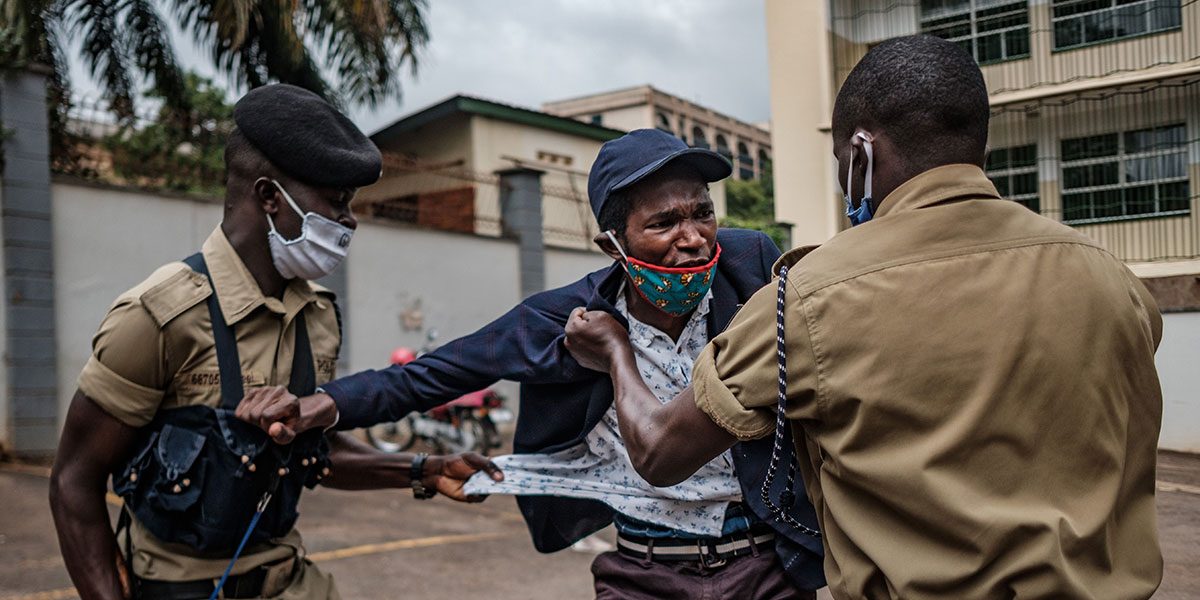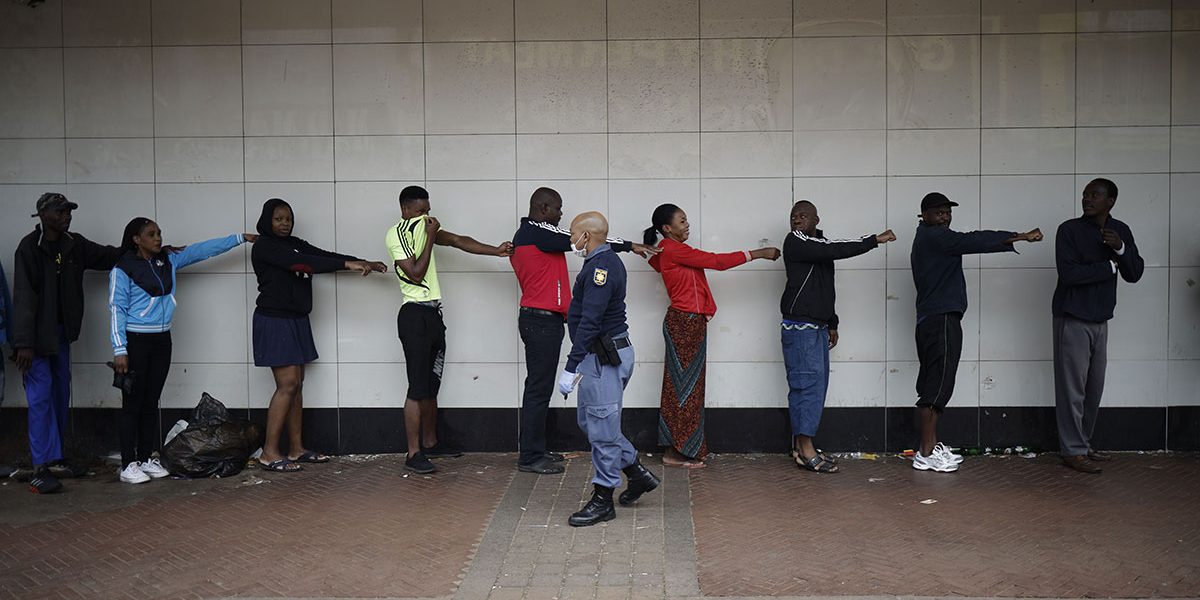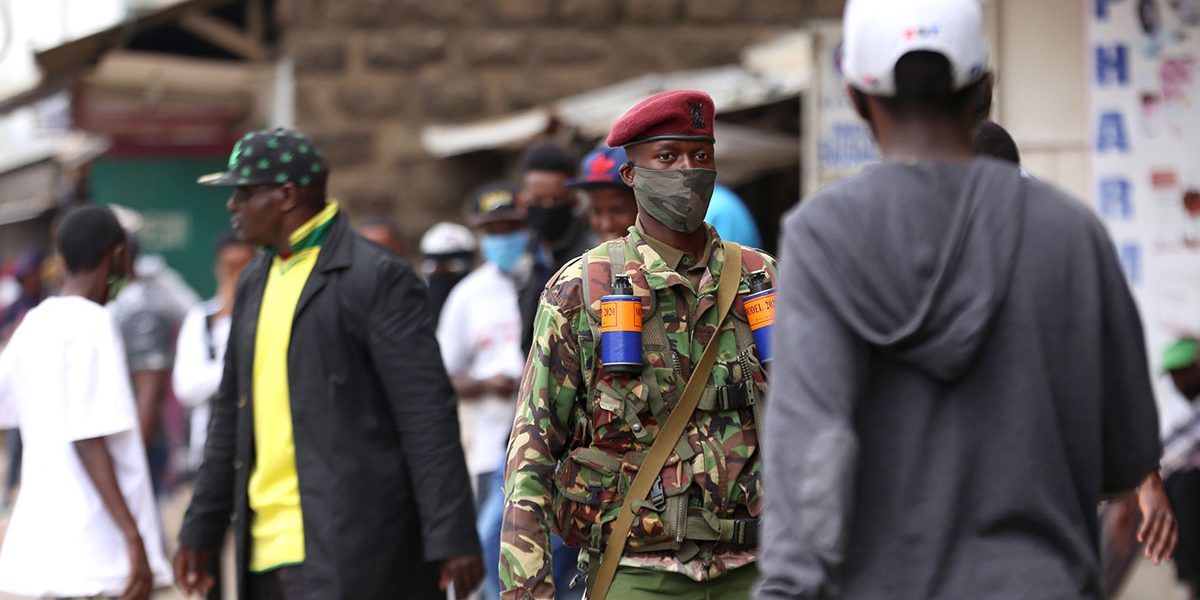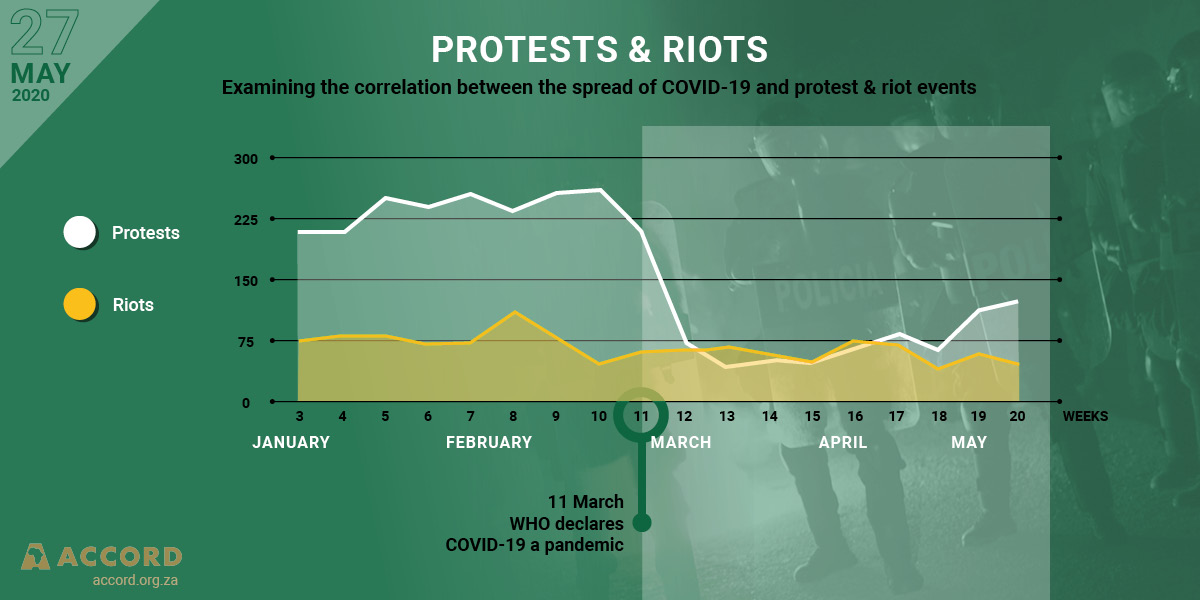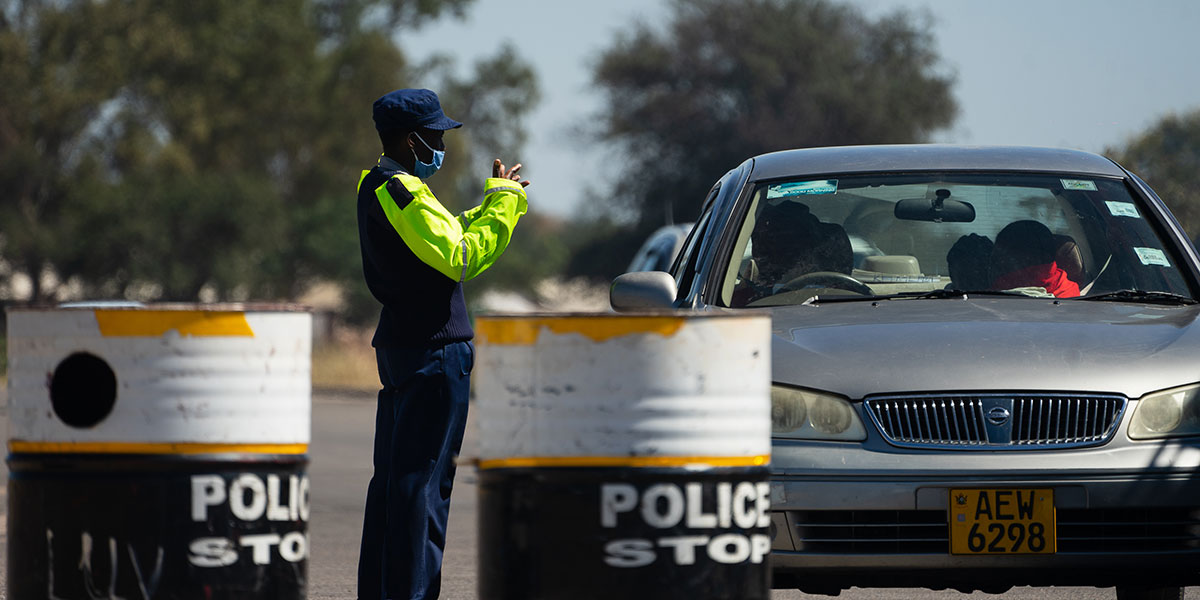In this week’s Monitor Ambassador Smail Cherqui, the Commissioner for Peace and Security of the African Union Commission, echoes the call of the UN Secretary-General for an immediate global ceasefire. He points out that whilst COVID-19 poses many challenges to Africa’s peace and security landscape, it also provides us with opportunities to work decisively to end violent conflicts on the continent.
Charles Fiertz and Nate Haken reminds us that one of the key lessons learned from the Ebola epidemic in West Africa is that resilience requires strong social capital for collective action, where millions of individual women, men, and children are willing and able to make the small or large personal sacrifices necessary to stop the disease.
In his contribution Ibrahim Al-bakri Nyeipoints out thatmany governments across the world have resorted to the use emergency powers to enforce compliance with the measures to contain the COVID-19 pandemic.However, emergency powers are in some cases being exploited by incumbent governments in Africa to curtail free speech, particularly of those critical of their policies.
We end this week’s Monitor with Ashraf Swelam, who calls for adopting a resilience paradigm that acknowledges the complexity of today’s world and the qualitatively different nature of its systemic risks. His argues that accelerating this paradigm shift and advancing the institutional reforms it requires, should be the primary task of the post-pandemic leadership.

